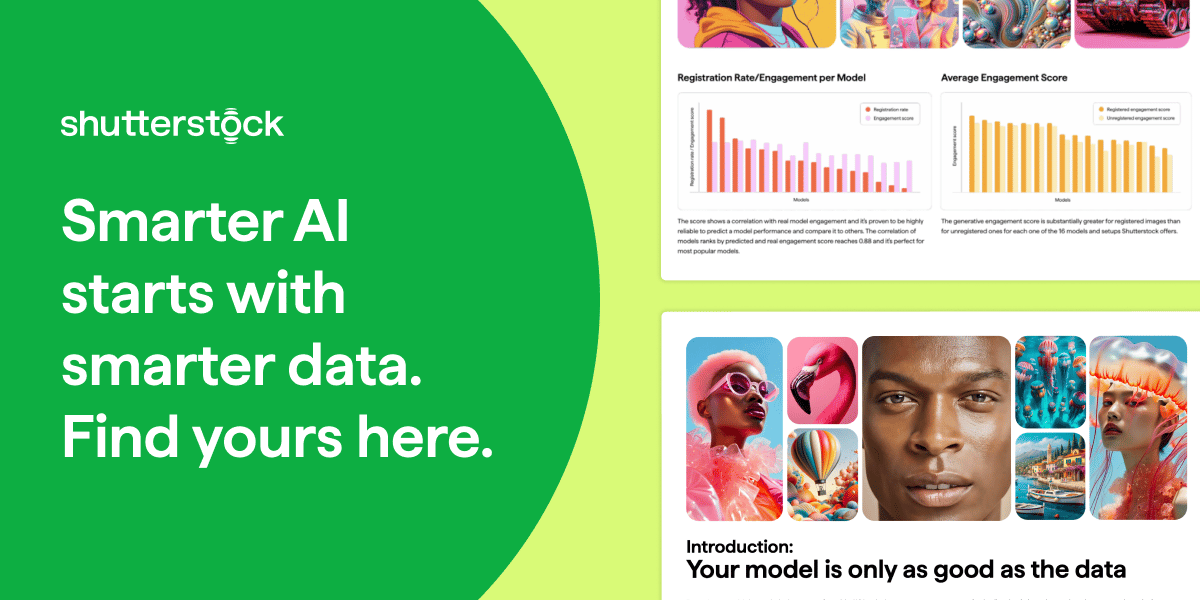- aiPromptly
- Posts
- Your Next Job Might Come From ChatGPT (Seriously)
Your Next Job Might Come From ChatGPT (Seriously)
So... OpenAI Just Became a Job Board Now

Unlock over $3M+ in startup perks and discounts on the best products
RocketHub’s Startup Perks Program is designed to help founders save time and money by giving them access to 250+ curated SaaS deals, valued at over $3M. From marketing tools to CRMs, hosting, and more—we’ve negotiated exclusive offers on the platforms startups actually need. These perks are updated regularly, so you’ll always have access to the latest and most useful tools, without the headache of hunting down discounts yourself.

OpenAI just unveiled plans for a new Jobs Platform and AI certification program to help people land work in the AI-powered economy. The idea is to connect businesses — from giants like Walmart to local shops and even governments — with AI-skilled workers, while also training millions more through ChatGPT’s built-in learning tools. The goal? Certify 10 million Americans in AI fluency by 2030. Instead of just building tools that disrupt jobs, OpenAI wants to give people the skills to keep up and stay competitive. And in the process, they’re stepping right onto LinkedIn’s turf in the hiring game.
AOpenAI just dropped a new paper on why AI keeps making stuff up, and it turns out the problem isn’t the models being “dumb” — it’s how they’re trained. Current methods basically reward them for confidently guessing, even if they’re totally wrong, while giving zero credit for saying “I don’t know.” That pushes models to bluff instead of admitting uncertainty. In tests, they even made up birthdays and dissertation titles, giving different wrong answers each time. The researchers suggest flipping the system so models get penalized more for confident errors than for showing doubt. If labs take this route, we might finally see AIs that admit their limits — less flashy, but way more trustworthy.
A new study from NewsGuard says AI chatbots are still tripping over the truth, with 1 in 3 answers containing false info. Some, like Inflection’s Pi (57%) and Perplexity (47%), were the worst offenders, while ChatGPT and Meta’s Llama weren’t much better at around 40%. On the safer side, Anthropic’s Claude (10%) and Google’s Gemini (17%) had the lowest rates. Researchers found bots are now more likely to confidently give wrong answers instead of refusing, sometimes even citing Russian disinfo sites as sources. Despite big promises from OpenAI and Google about “hallucination-proof” models, the report says chatbots are still struggling with the same problems as last year.
UCLA engineers just pulled off a major breakthrough in brain-computer interfaces: a wearable cap that lets paralyzed users control robotic arms with their thoughts — no brain surgery needed. The system pairs EEG signals with AI vision to figure out what a person wants to do in real time, and early tests showed tasks that were once impossible got done in minutes. One paralyzed participant even used it to move blocks nearly 4x faster than without AI help. By ditching invasive implants, this tech makes BCIs safer while still matching the performance of surgical options. It’s a big step toward everyday AI-powered tools like smart wheelchairs, communication aids, and homes that respond before you even ask.
OpenAI says it’d totally be down to buy Google Chrome—if the courts ever force Google to sell it. The comment came during a major antitrust trial where the DOJ is trying to break up Google’s dominance in online search. Google’s not having it, insisting Chrome isn’t up for grabs and calling the lawsuit bogus. OpenAI previously tried partnering with Google (no luck), and now it’s riding with Microsoft and Bing. Meanwhile, Google’s flexing Gemini, and OpenAI might even be cooking up its own social network. The AI wars just keep getting juicier.
The new source for curated lifetime deals and content for entrepreneurs, by entrepreneurs.
Why pay a high monthly subscription fee when you can save money by getting lifetime deals on your essential SaaS tools? For example, look at these no-brainer deals:
1. Leadinary - The all-in-one tool to find and research local businesses for lead generation.
2. Taskera - Bring order to your project management chaos with Taskera.
3. Funded Startups List - Leads. In your inbox. Every single month. Become a Rocketeer today and never pay full price for software ever again!

Prompt: “Write the body copy for a promotional email campaign about GAP spring sale. Write in an upbeat and friendly tone.”

Training cutting edge AI? Unlock the data advantage today.
If you’re building or fine-tuning generative AI models, this guide is your shortcut to smarter AI model training. Learn how Shutterstock’s multimodal datasets—grounded in measurable user behavior—can help you reduce legal risk, boost creative diversity, and improve model reliability.
Inside, you’ll uncover why scraped data and aesthetic proxies often fall short—and how to use clustering methods and semantic evaluation to refine your dataset and your outputs. Designed for AI leaders, product teams, and ML engineers, this guide walks through how to identify refinement-worthy data, align with generative preferences, and validate progress with confidence.
Whether you're optimizing alignment, output quality, or time-to-value, this playbook gives you a data advantage. Download the guide and train your models with data built for performance.

Simplify your work with these fun and effective AI tools.
Sublime - Now lets you vibe search your X bookmarks.
Wonder - A design tool on an infinite canvas.
Line by Cartesia - The modern voice agent development platform.
Unsloth - Finetune LLMs 2x faster, 80% less memory.
Paradigm - AI-native spreadsheet where each cell has its own agent.
That’s it. See you on the next open. And do me a favor and move this email to your “Primary” inbox - trust me, it’ll be worth it.
- Charlie “Your AI Assistant” Patel



